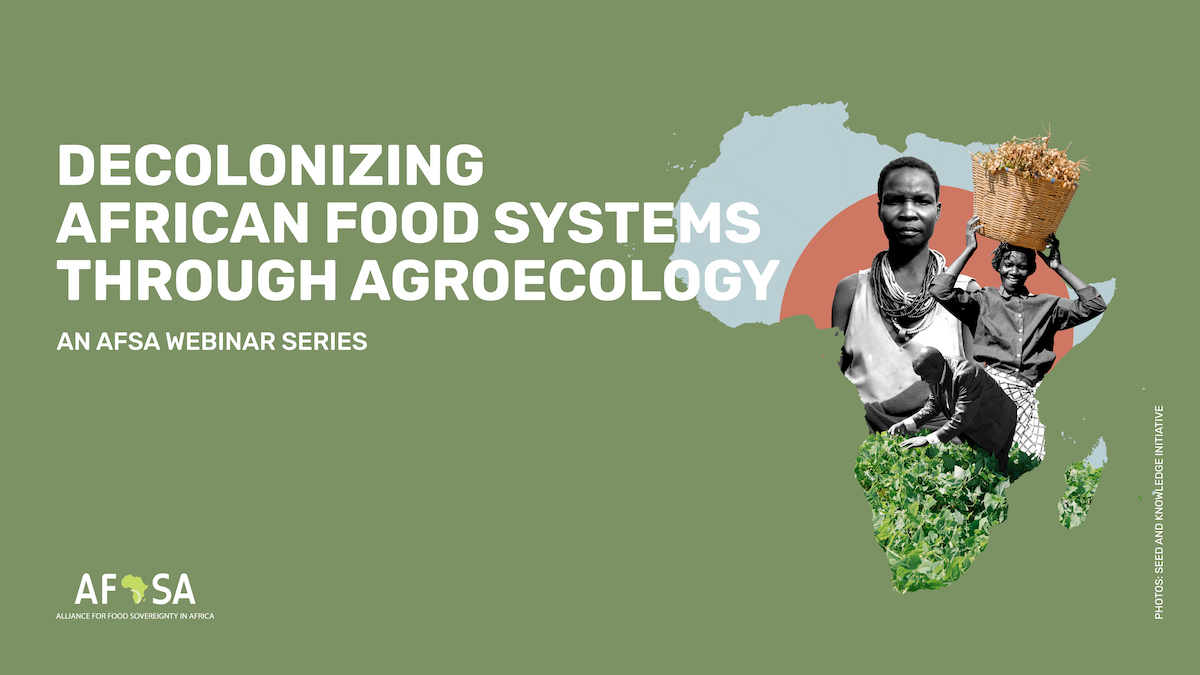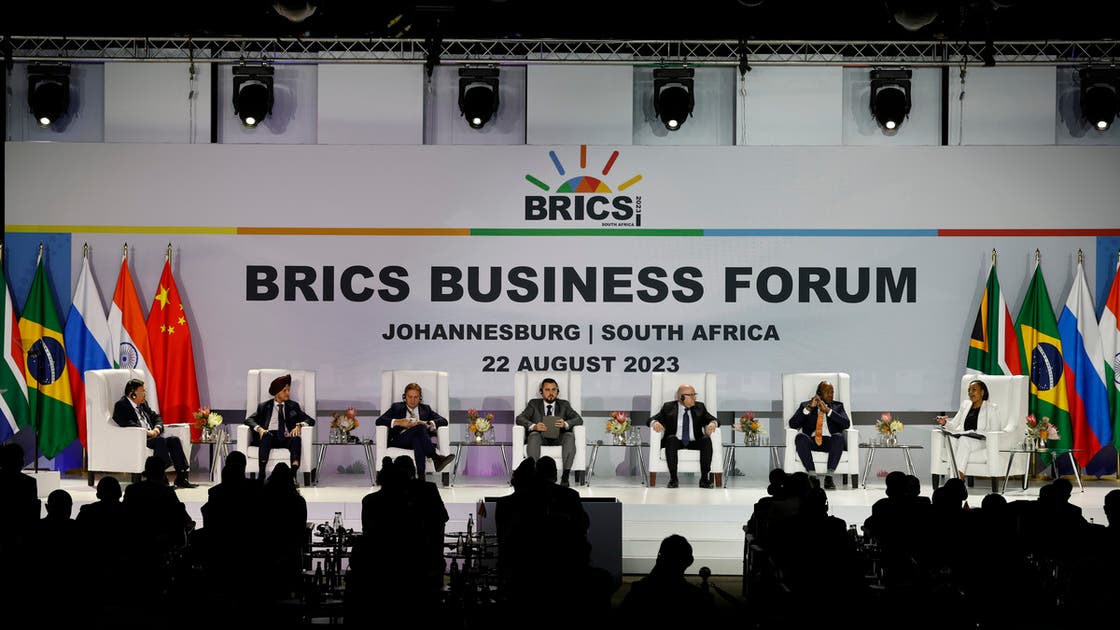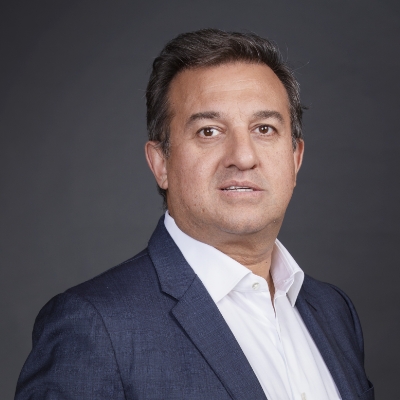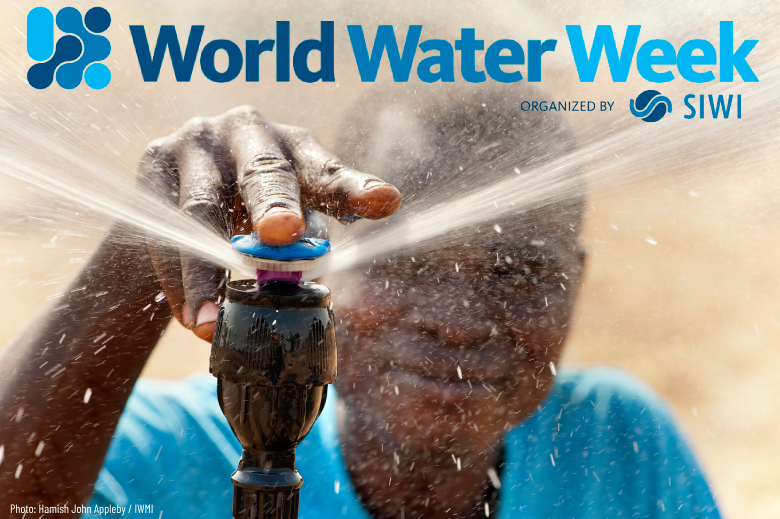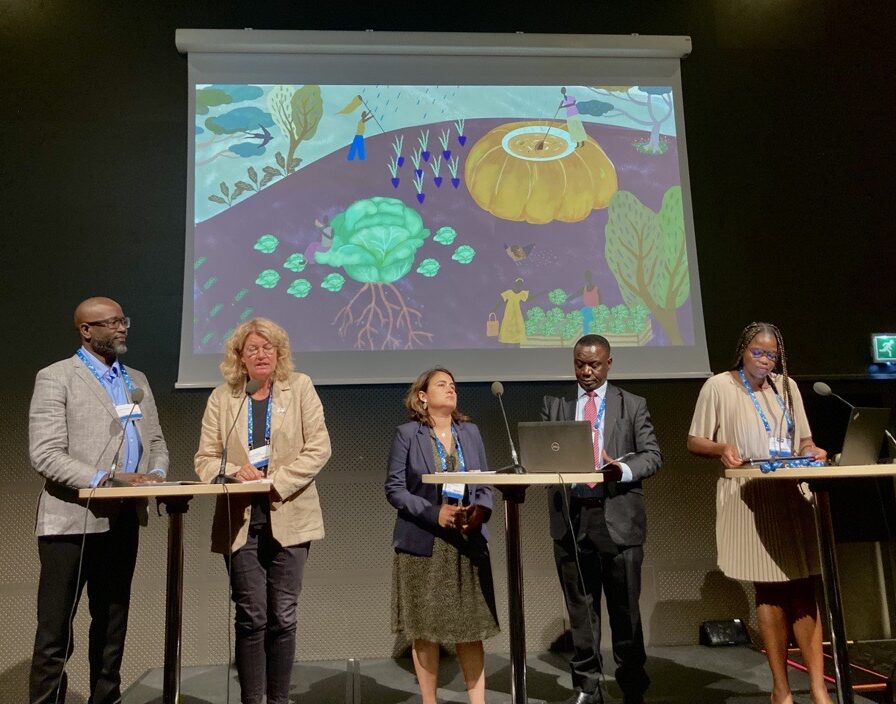ACB (2023)
Seed Harmonisation in Eastern and Southern Africa. Failures, neo-colonial agendas, and the rise of digitalised seed trade:
dire implications for farmer managed seed and food systems in Africa, p. 31
Regional seed policy harmonisation processes on seed and plant variety protection (PVP) legislation have been underway for the past 15 years on the African continent. These have taken place under the auspices of various regional economic communities (RECs), including the Southern Africa Development Community (SADC), Common Market for East and Southern Africa (COMESA), Economic Community of West African States (ECOWAS), East Africa Community (EAC), and regional organisations such as the African Regional Intellectual Property Organisation (ARIPO).
These processes have now moved to the continental level under the African Union (AU) and are further linked with the wider industrialisation plan under Agenda 2063 and the ambitious African Continental Free Trade Area (AfCFTA). These aim to provide the political and institutional framework for regional seed trade across the continent.
This
paper follows up on the previous extensive body of research and advocacy undertaken by the
African Centre for Biodiversity (ACB) and numerous African CSOs over the last decade, especially while focusing also on emerging issues and challenges.
The authors recommend:
- Policymakers must prioritise agroecology and FMSS, which promote social justice and environmental sustainability rather than pursuing a one-size-fits-all extractive industrial model, which favours multinational seed companies and the private sector. In this regard, it is crucial that they prioritise public investments in food and seed systems that sustain and conserve agricultural biodiversity, support smallholder farmers, and align with Afrocentric approaches to minimise harm to the continent’s agricultural fragile ecology.
- Governments should urgently rethink the trajectory of seed harmonisation and demand that any funding for regional harmonisation processes is directed towards supporting systems’ change at the national, regional, and continental levels, towards ecologically sustainable and socially just and equitable seed, food, and agricultural systems.
- African governments who have not yet ratified the SADC and Arusha PVP Protocols should refrain from doing so and uphold the rights of small-scale farmers to their resources, including their seed, seed systems and knowledge systems.
- In regard to the development of the IP Protocol of the AfCFTA, we urge member states of the AU to exempt least-developed countries from implementing the Protocol, in line with the extension granted to them until 2034 to implement their obligations under the Agreement on Trade-Related Aspects of Intellectual Property (TRIPS) of the World Trade Organisation (WTO). Further, the development of the PVP Annex must ensure the democratic participation of African CSOs, especially small-scale farmers, and it must expressly not be based on UPOV 1991.
- Regarding the digitalisation of the seed system, stringent regulations should be put in place to safeguard data privacy, transparency, and the rights of farmers and citizens, and national sovereignty, and measures must be put in place to restrict the privatisation of data.



